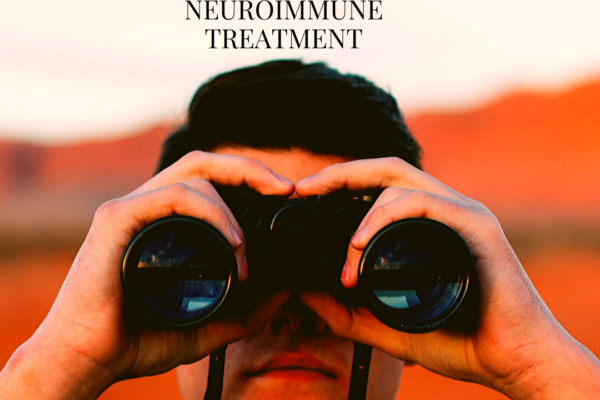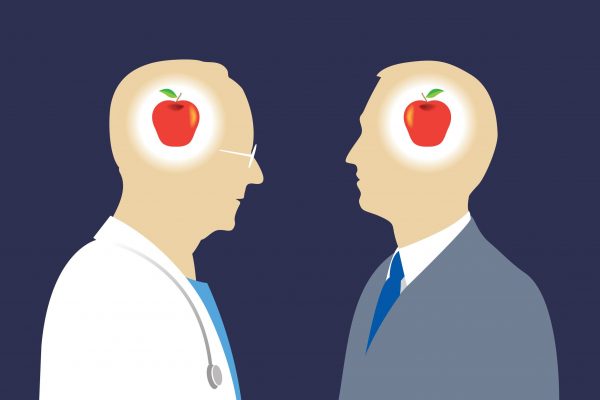Traditional Chinese Medicine has been practiced for thousands of years and is used around the globe by millions of people. The reason that it has survived for so long and adapted to different cultures is that it offers a vast and potent repertoire of healing benefits that are so widely needed in our modern world.
You may have noticed that acupuncture has enjoyed an enormous surge of interest lately, as the media is really catching onto the widespread benefit that this treatment option is offering to so many people.
Just what are some of these benefits? Well, the list could expand over many pages, but here is a condensed version of what our patients are expressing and what clinical evidence is suggesting:
- Substantial increase of energy
- More restful sleep patterns
- Less cravings, habitual behaviors, and addictive tendencies
- Reduction or elimination of chronic stress
- Emotional balance, increased joy and motivation
- Increased mental clarity and memory
- Improved athletic performance
- Enhanced metabolism
- Enhanced spiritual and emotional growth
Chinese medicine can effectively treat a number of chronic health problems, from anxiety and depression to chronic pain and PMS. The list of conditions treated by this medicine is vast to say the least.
Many people report a deep feeling of peace that stays with them for many hours or days after acupuncture treatment. Many patients find that this feeling of peace becomes the foundation for their life rather than an occasional experience.
Chinese Medicine is a holistic form of medicine
What is holistic medicine? Holistic means that the entire ecosystem of the body is taken into consideration when treating patients’ health. For example, if a patient comes in for abdominal pain the practitioner of Chinese Medicine would not approach the problem with a pill for the stomach. The patient would be carefully interviewed and examined. Lifestyle, constitution, sleep patterns and other signs and symptoms pointing at the source of the problem will be the focus of the treatment.
More time is spent talking to you to learn the more important information: what is leading to the stomach ache in the first place? A holistic practitioner will also consider your lifestyle, your body type, your sleep patterns, and they will typically look at your tongue and check your pulse. For this reason the diagnosis is tailored to the patient and you are likely to receive a treatment plan designed specifically for your type of stomach ache, flu, allergies, migraine. The next post will go more in-depth about how Chinese Medicine works.
For those of you who live in San Francisco, please check out our new mobile service, Go-Acupuncture.




